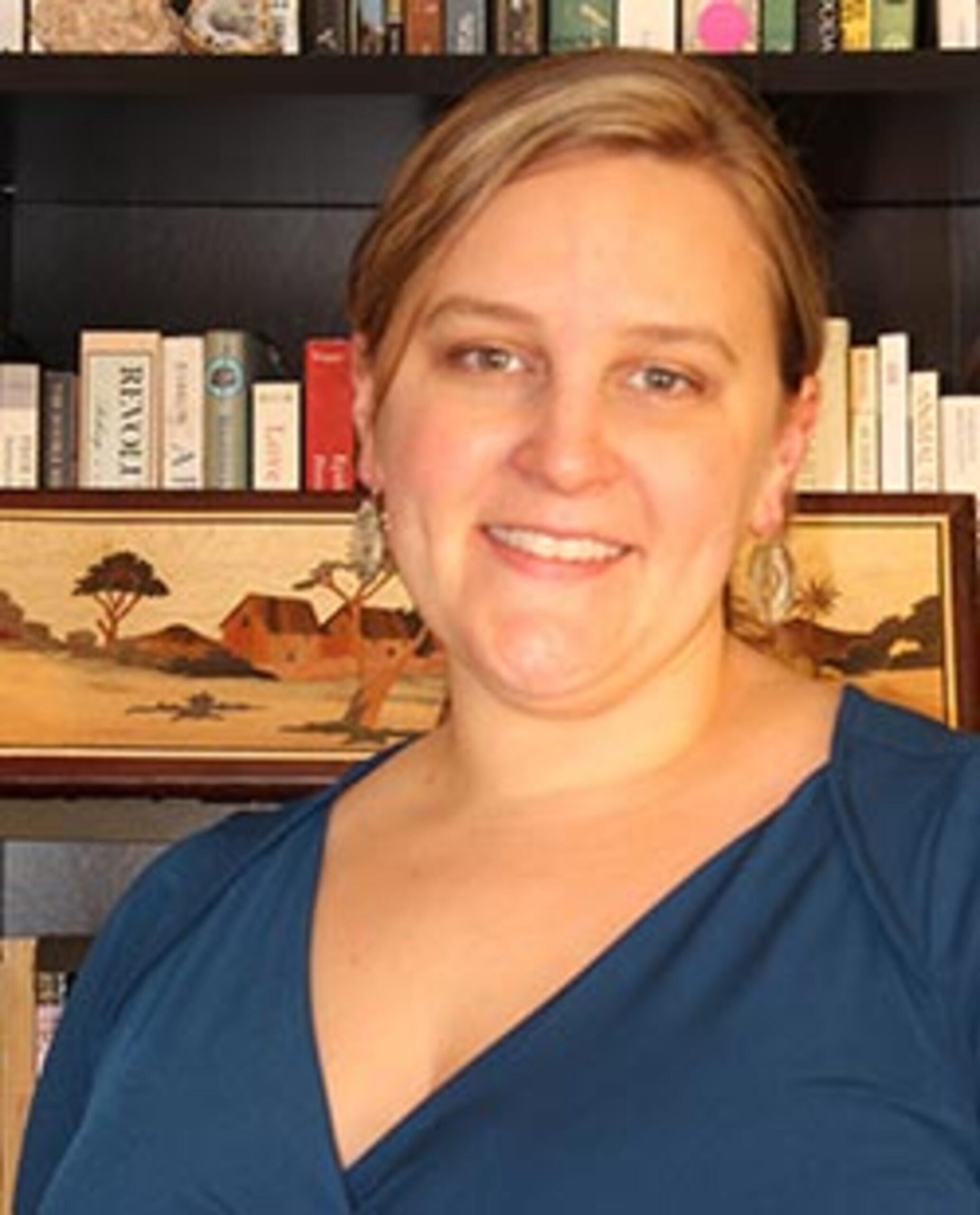Amanda Lewis-Nang’ea
Associate Professor
Doty Hall 238
585-245-5495
lewisam@geneseo.edu
Dr. Amanda Lewis-Nang’ea is a specialist in African history and the history of science, focusing on the history of pastoralists and wildlife conservation in East Africa. Her work blends oral histories of the Maasai, scientists, conservationists, and wildlife management with archival and scientific research.

Curriculum Vitae
Education
B.A., King University, Bristol, TN
M.A., East Tennessee State University
Ph.D., Michigan State University
On Leave (Fall 2024)
Dr. Lewis-Nang’ea is on research leave, Fall 2024.
